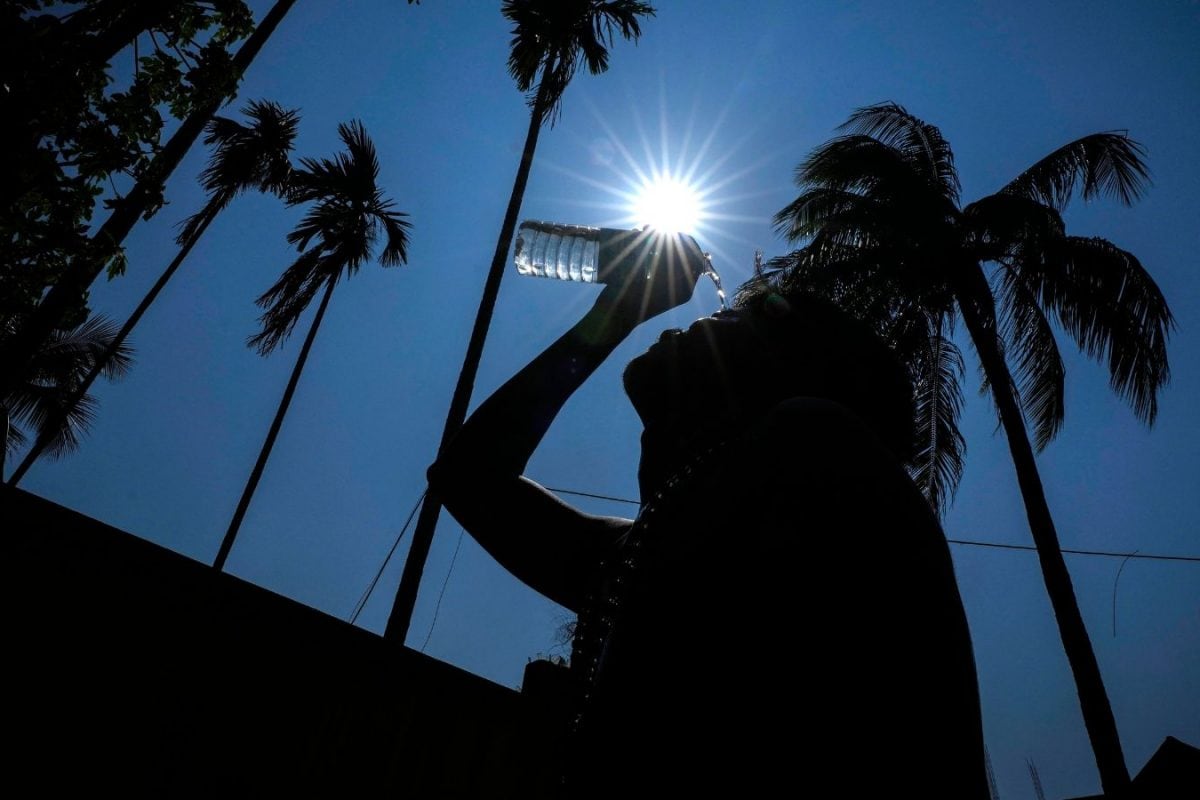

A parliamentary panel has recently issued a warning regarding the escalating risks of climate change and extreme heat, while also criticizing the underutilization of available funds allocated to combat these issues. This comes at a time when extreme heat is breaking records worldwide, exacerbating wildfires and diminishing air quality, according to the World Meteorological Organization (WMO). The panel's concerns reflect a growing unease about the preparedness and responsiveness to the intensifying climate crisis.
The parliamentary panel's criticism of fund underuse highlights a significant challenge in addressing climate risks. While funds are allocated for environmental protection and climate action, they often remain unspent or are not utilized efficiently. This can be attributed to various factors, including bureaucratic delays, lack of coordination between different levels of government, and a lack of awareness or capacity at the local level. The panel has also voiced concern over a sharp fall in scholarship beneficiaries. They cited states' incomplete or delayed proposals, slow fund utilization, and transition issues to Aadhaar-based direct benefit transfer and online portals as key reasons.
The consequences of climate change and extreme heat are far-reaching and impact various sectors. Extreme weather events, such as heatwaves, floods, and droughts, are becoming more frequent and intense, leading to loss of life, displacement, and economic disruption. The Productivity Commission has also found that climate damage from escalating extreme weather events is a major risk to Australia's productivity, and that investment is needed to cut pollution and protect homes. Extreme heat can also strain infrastructure, such as power grids and transportation systems, and can exacerbate existing social and economic inequalities.
The panel's warning underscores the urgent need for more effective climate action and adaptation measures. This includes increasing investment in renewable energy, improving energy efficiency, and developing climate-resilient infrastructure. It also requires stronger policies and regulations to reduce greenhouse gas emissions and promote sustainable land use. Furthermore, it is essential to improve public awareness and education about climate change and its impacts, and to empower individuals and communities to take action.
The World Meteorological Organization (WMO) has also emphasized the importance of limiting global warming to 1.5 degrees Celsius above pre-industrial levels, in line with the 2015 Paris Agreement. This requires a rapid and deep reduction in greenhouse gas emissions across all sectors of the economy. The WMO is collaborating with global and local partners to help countries develop heat-health action plans and ensure at-risk populations receive timely alerts.
The parliamentary panel's report serves as a wake-up call, urging governments and policymakers to take swift and decisive action to address the climate crisis and protect communities from the growing risks of extreme heat. It is imperative to bridge the gap between policy and implementation, ensuring that allocated funds are utilized effectively and that adaptation measures are prioritized to safeguard vulnerable populations and build a more sustainable future.